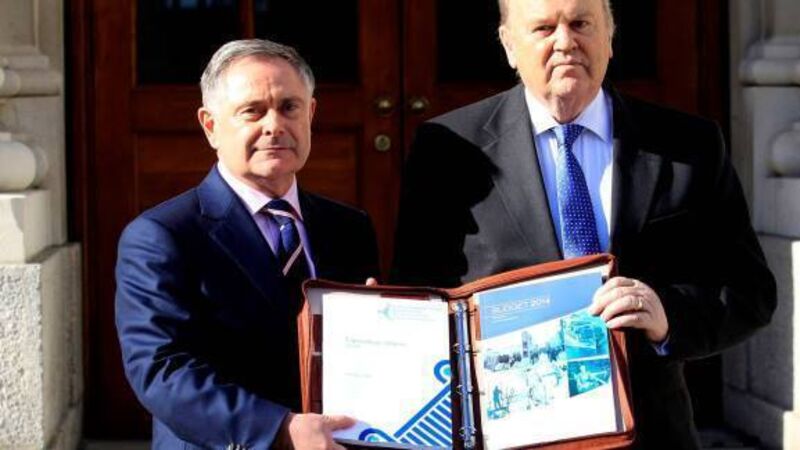A fairer budgetary process is required

But while some measures have been progressive, there are clearly areas where the thinking was, at best, not joined-up. What is clear is that people who are already in difficulty — those in mortgage arrears, lone parents, disabled people, Travellers, young people, older people on low incomes — will certainly not be helped and probably see their situation worsen.
So while it would be nice to have the luxury of waiting for the tide to rise again and see whether it will lift our sinking boats, for those whose boats never rose and for those whose boats have been sinking rapidly, this budget will not fix things.













